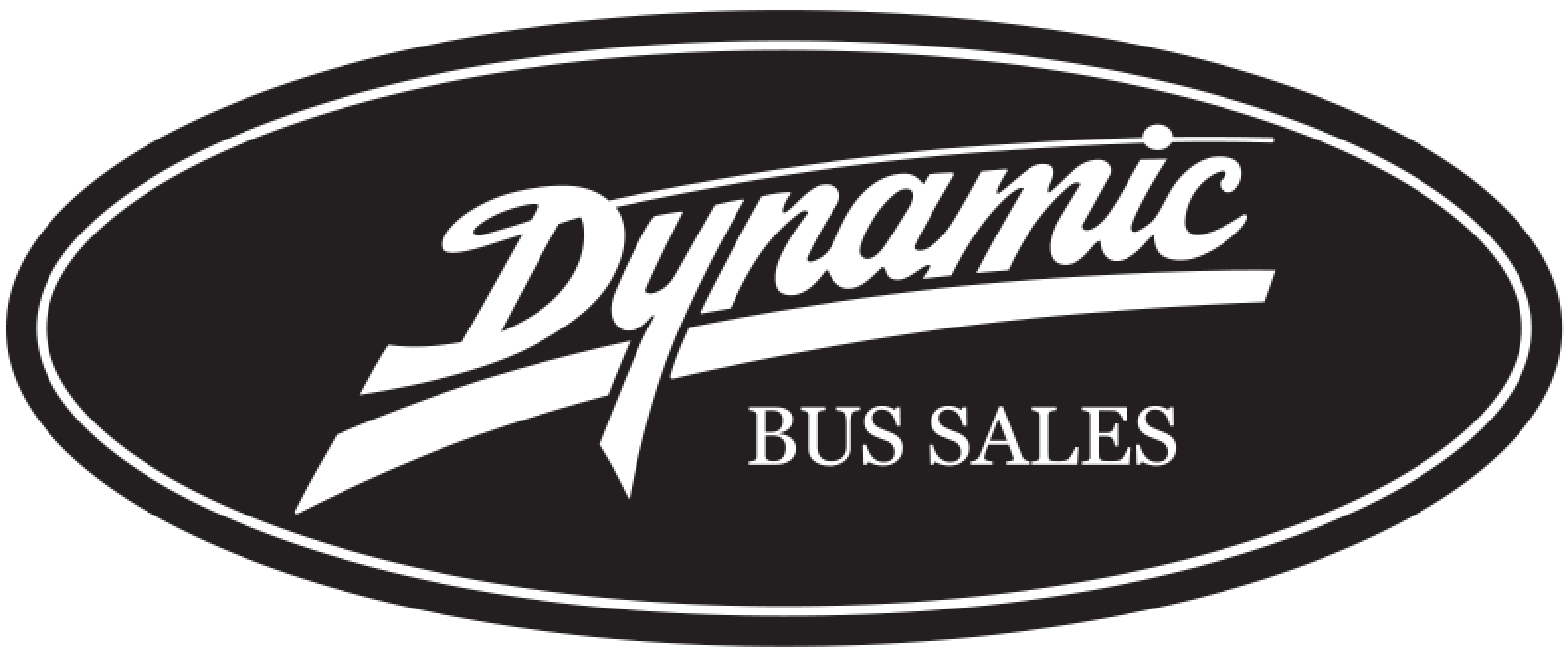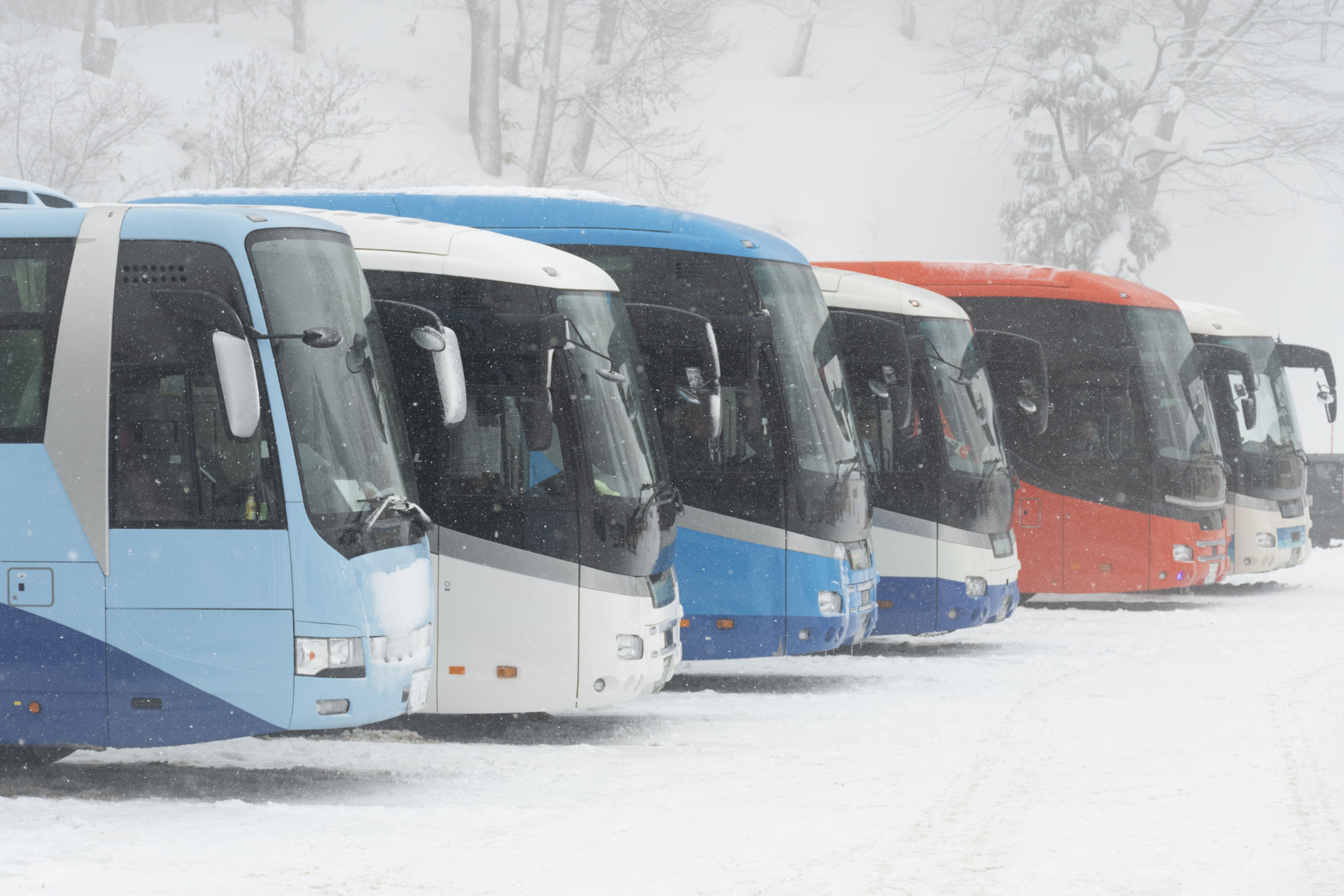What’s Involved With Winter Bus Maintenance?
Buses are regularly exposed to extreme winter conditions. The addition of snow, ice, and cold weather can result in tire slippage, engine rust, and all kinds of trouble. Buses, like vehicles, run differently in winter than in summer.
Coming up with a year-round maintenance strategy that can be adjusted as needed, is the right way for keeping students and drivers safe.
Below are numerous things that you can do for optimum winter bus maintenance.
Tires
The tires should be checked regularly in winter months. When the buses are exposed to ice and snow, it can lead to terrible slipping. Some schools have snow tires that they use during winter periods.
Routes
Some of the routes which work well during summer months are not the best for the cold winter seasons. Drivers should adjust their route to ensure student and passenger safety. Snow piles, narrow roads, and steep inclines are dangerous places which should be avoided.
Regular bus inspections
During the winter months, it is crucial to inspect certain systems regularly for comfort and safety.
Defrosting and heating units should be checked consistently and thoroughly, along with electrical wiring, fan belts, and hoses. The batteries should be fully charged and warm. Fuel tanks should be full all the time to battle the condensation, which might form on the wall tanks and cause frozen fuel lines.
Look for creative solutions
During winter, diesel engine can pose special challenges. To overcome cold weather challenges, some schools use alternative fuel. Using propane has been confirmed to prevent the gelling issues that are common in diesel-powered fleets.
These are are top tips for looking after buses in winter. We are experts on servicing buses at all times of the year. If you need some help with your buses, contact us.
Dynamic Specialty Vehicles has been supplying and servicing mid-sized buses for over 30 years. With long-term contracts with demanding clients like BC Ambulance and BC Transit, Dynamic Specialty Vehicles knows how to keep their clients safe and their buses running smoothly.
If you have any questions about this article or would like further information about buses and/or services, please call us on our Toll-Free number, (888) 416-9333.


